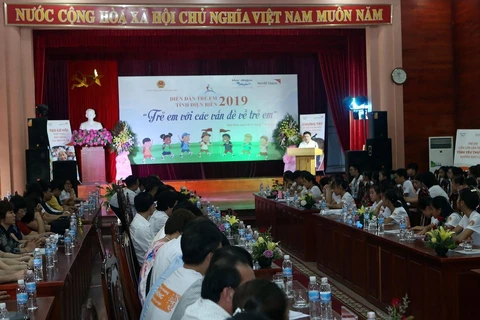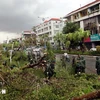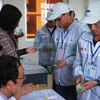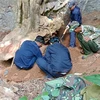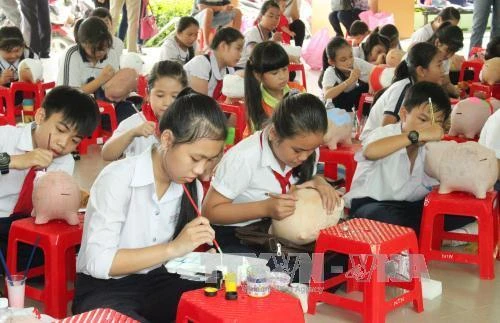
 About 5.6 percent of Vietnamese children are at risk of trafficking, and only 2.8 percent of them confirmed they were victims of human trafficking. (Photo: VNA)
About 5.6 percent of Vietnamese children are at risk of trafficking, and only 2.8 percent of them confirmed they were victims of human trafficking. (Photo: VNA) Hanoi (VNA) – About 5.6 percent of Vietnamese children are at risk of trafficking, and only 2.8 percent of them confirmed they were victims of human trafficking, according to the latest research announced on August 13 by the Ministry of Labour, Invalids and Social Affairs’ Institute of Labour and Social Affairs (ILSA) and the United Nations Children’s Fund (UNICEF) in Vietnam.
The research, carried out by Coram International, UNICEF Vietnam and UNICEF UK, looked into patterns, trends and factors that put many children at risk of trafficking and slavery, identified specific elements that increase children’s vulnerability, as well as examined experience of the victims who were rescued and integrated into the community.
According to ILSA Deputy Director Luu Quang Tuan, the research team conducted two large surveys from 2017, engaging over 3,885 children and adolescences in 36 communes nationwide.
Another survey was carried out on 84 people aged 12-24, who were victims of human trafficking and have received support from the State’s social protection agencies.
The research revealed that girls, boys and young women and men are exposed to the same risks, and victims of human trafficking were frequently lured by false promises of a lucrative job, high income, and education opportunities. Most of the rescued victims found it hard to access support services.
Recommendations to prevent and respond to child trafficking and slavery were also highlighted in the research.
Deputy Representative of UNICEF Vietnam Lesley Miller said the research has a significant meaning with UNICEF’s policies and programmes in Vietnam.
It is a must to improve database on human trafficking, and promote preventive measures through raising public awareness of the trafficking risks among the immigrants, and bettering social services for vulnerable impoverished households.
She also stressed competent authorities should generate jobs for adolescences, and increase vulnerable children’s accessibility to social protection services.-VNA
VNA
